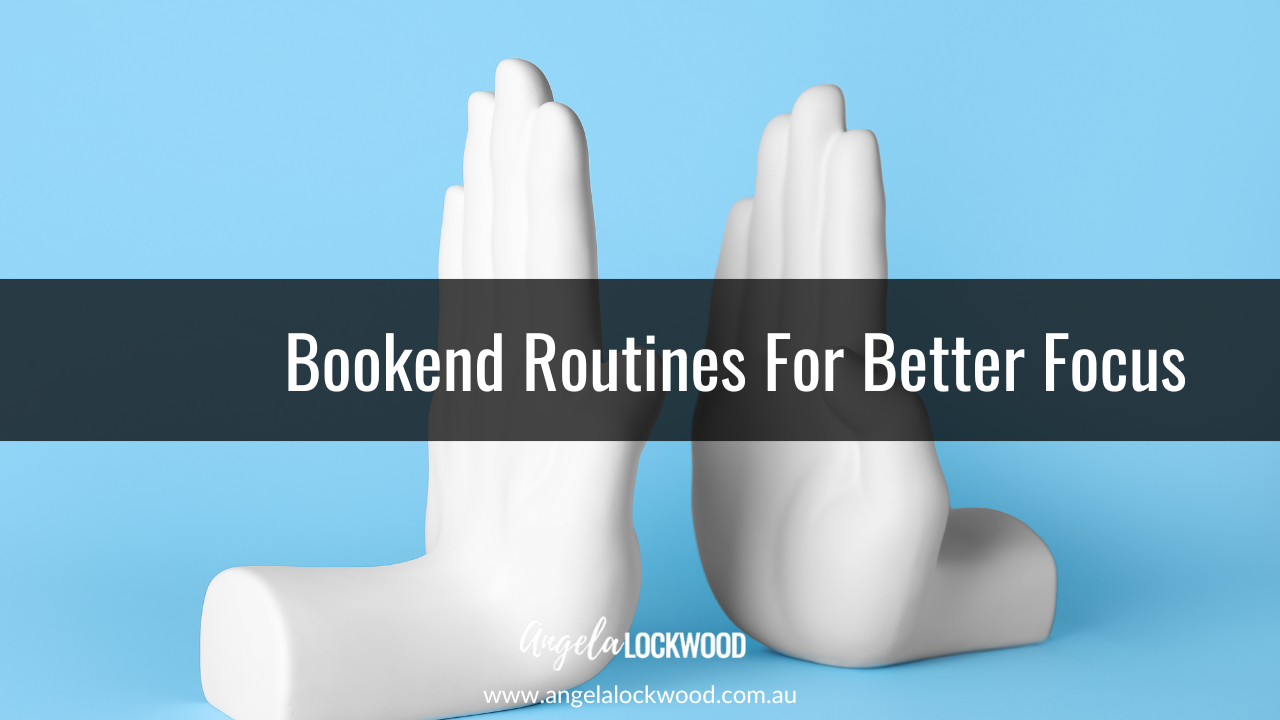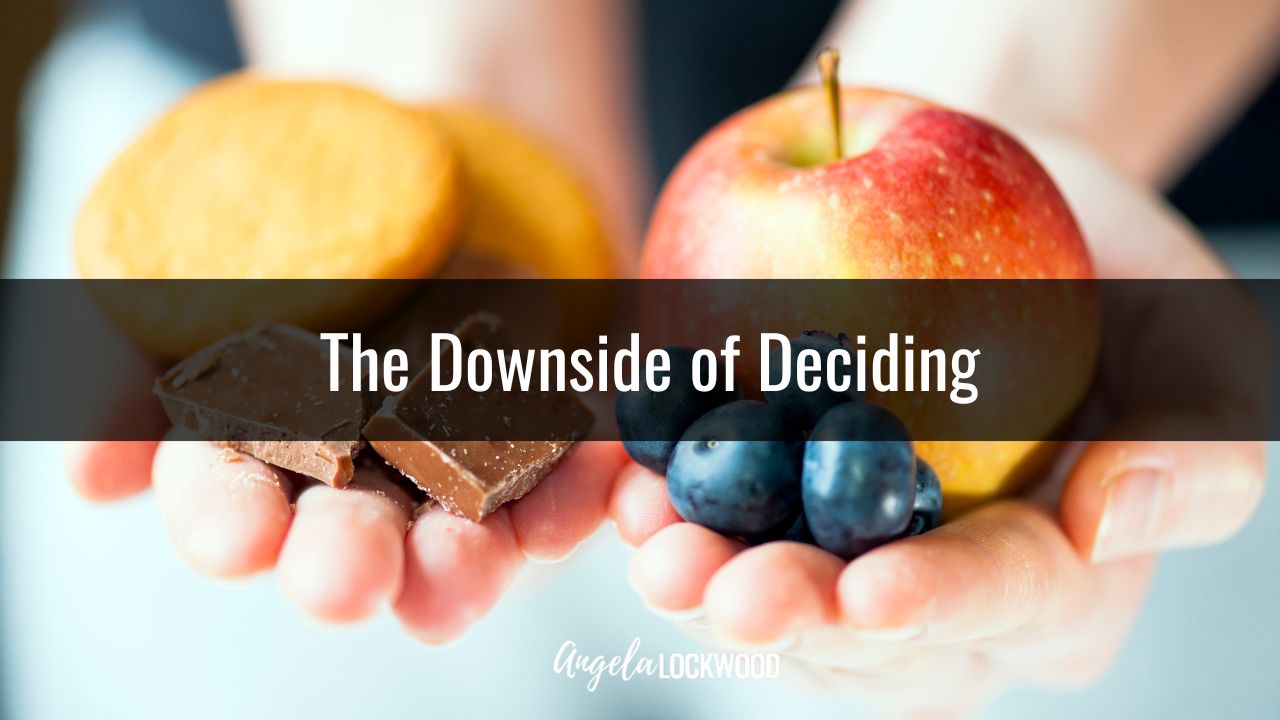Role Modelling Healthy Habits For Our Kids
Nov 12, 2024
One of the biggest stressors for parents is knowing what to feed our kids. It is one of the biggest factors that lead to overwhelm for a family every week. Getting groceries, cooking, snacks, school lunches, preparation, packing let alone knowing that we are feeding food to our kids that is good for them. I know for me one of the first things I used artificial intelligence for was to design a weekly meal plan and shopping list! Now all I need is for it to go and get it for me and then cook the meals. I am sure this is not that far away.
In today’s world, where information about health seems to change daily, raising kids with a positive approach to wellbeing can feel overwhelming. In a recent conversation on the Distracted podcast, I spoke with Dr. Nick Fuller, Clinical Trials Director at Royal Prince Alfred Hospital, for him to shed some much-needed light on this topic. Together, we discussed the value of health-focused habits over weight loss and how parents can be powerful role models for a healthier family life.
I was doing this interview for you of course!
Why It Matters to Focus on Health, Not Weight
For many families, the constant messages around weight loss can create a narrow focus that often misses the bigger picture: health. Dr. Fuller explains how the culture of dieting can lead to “yo-yo” effects where weight is repeatedly lost and regained, which not only makes weight management harder but can lead to lifelong struggles with body image and health. Instead of counting calories or obsessing over the number on the scale, Dr. Fuller encourages parents to focus on building consistent, healthy habits that benefit both body and mind.
In a world dominated by social media and diet trends, it’s easy for kids to get caught up in unrealistic body standards. By shifting the focus from weight to health, parents can foster a balanced perspective in their children. "Kids pick up on everything we do," says Dr. Fuller. "When we model a healthy lifestyle without constantly talking about weight, they learn that being healthy is about feeling good and taking care of their body—not fitting into a certain size." I know I am are of the language I use in front of my kids about my body and health, as you will hear in the episode, I have an interesting experience that led me to an interesting life-long relationship with my health.
What Kids Learn From Our Habits
Kids learn more from what they see than what they hear, and Dr. Fuller emphasises the importance of modelling healthy behaviours for children. This means involving kids in healthful routines like meal prep, exercise, and creating screen-free zones. Which I loved he said. "When parents lead by example, they send a powerful message," Dr. Fuller explains. "If we’re constantly dieting or talking about losing weight, kids absorb those messages. But if we focus on eating well, moving our bodies, and resting, that’s what they’ll learn, too."
What Can We Do
Here are some practical ways Dr. Fuller suggests parents can support their children’s wellbeing:
1. Involve Kids in Meal Prep
One way to promote a positive relationship with food is by inviting children to join in meal preparation. When kids help with cooking, they feel connected to the process, which can make them more likely to try new, healthy foods. Start small: ask them to wash vegetables, stir ingredients, or even choose a recipe. This simple involvement can foster curiosity and enjoyment around food, rather than seeing mealtimes as a chore.
2. Create Enjoyable Family Mealtimes
Family mealtimes aren’t just about eating—they’re an opportunity for connection. Dr. Fuller points out that sitting down together as a family, even if it’s just a couple of times a week, can make a big difference in a child’s perception of food and health. "Meals around the table last longer and are more meaningful than quick bites in front of the TV," he explains. These moments help children learn to enjoy a balanced meal and offer a safe space for conversation and presence.
3. Limit Conversations About Weight and Dieting
It’s crucial to avoid weight-centric language at home. "We need to focus on health, not weight," Dr. Fuller advises. This shift in language helps children grow up without the stress of diet culture, and instead, they focus on positive habits. This means avoiding phrases like “I need to lose weight” and focusing on the energy and joy that healthy habits bring.
4. Promote “Nature’s Treats” Over Processed Snacks
Dr. Fuller encourages families to enjoy what he calls “nature’s treats”—fruits, nuts, vegetables, and other whole foods that provide natural sweetness and nutrients. How good is this to help change the good/bad food narrative. These foods, unlike processed snacks, offer real nourishment and energy. By regularly offering kids fresh, natural foods, parents can help children develop a taste for these healthy options over sugary or processed snacks.
5. Foster a Positive Relationship with Devices
Managing screen time is another essential part of creating a healthy home. "A good relationship with devices is crucial," Dr. Fuller says. Constant screen time can negatively impact sleep, which is a foundational part of wellness. Encourage kids to have screen-free time each day, especially around mealtimes and bedtime, to help them develop healthy screen habits early on.
6. Set Goals Beyond Weight
Finally, Dr. Fuller reminds parents to set goals that have nothing to do with weight. Instead of aiming to be a certain size, focus on goals like feeling energised, spending quality time as a family, or being active together. These goals encourage a holistic view of health, showing kids that wellness is about feeling good rather than fitting a specific image.
What I took from my conversation with Dr. Fuller is that raising healthy kids in today’s world isn’t about following the latest diet trend or focusing on weight—it’s about building habits that support long-term wellness. By modelling positive behaviours and focusing on health instead of weight, parents can help their children develop a balanced, sustainable approach to wellness.
In the end, these habits empower kids to make health a priority in their own lives, setting them up for a future filled with vitality.
To your health!
Angela Lockwood
Wellbeing Educator and Distracted Podcast Host
www.angelalockwood.com.au






